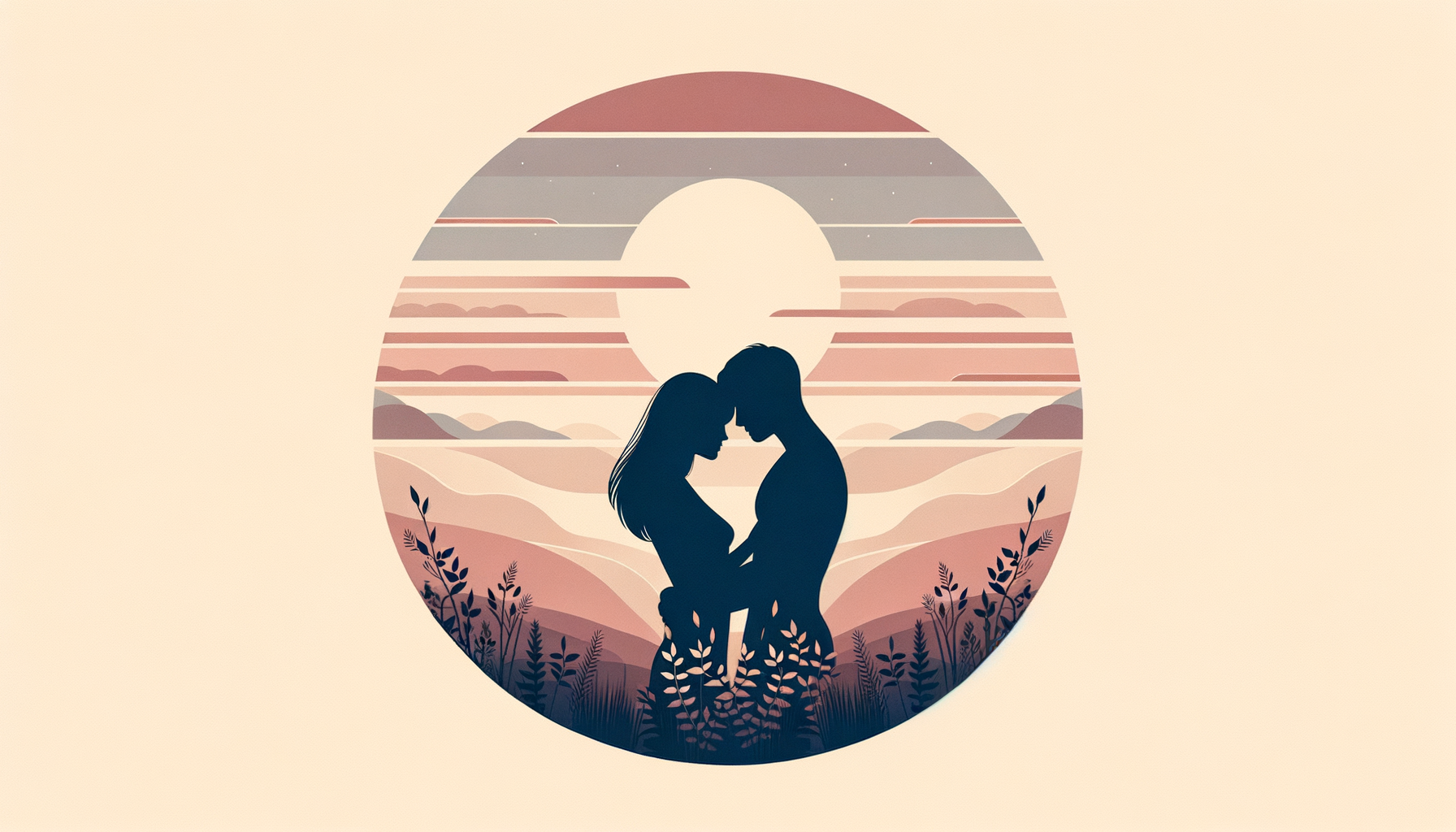Have you ever had one of those moments where someone asks, “What are you passionate about?” and your mind blanks entirely? It’s the dreaded dinner-party question, a polite icebreaker that can feel more like an existential gut punch. For years, I didn’t have an answer that didn’t make me sound like I was scraping the bottom of the personality barrel. “Uh, Pilates?” I’d stammer, which wasn’t entirely untrue, but also not entirely...true. And then one day, it hit me: my passion had been in front of me my whole life, hiding in plain sight like the last unclaimed canapé at a Buckhead gala. It was words—writing, stories, the kaleidoscope of human experience captured on paper.
Funny how you can’t outrun what’s already stitched into your DNA, even with the distraction of shiny objects like economics seminars or Atlanta’s skyline glittering temptingly in the background.
The Sudden Epiphany (That Actually Wasn’t So Sudden)
I’d love to tell you there was a defining moment when I “found my passion,” preferably something cinematic. A fateful lightning strike, maybe, or a scene where I heroically shove aside a corporate PowerPoint deck, declaring, “I was born to write!” Unfortunately, the origin story of my passion isn’t Netflix-adaptation material. It was more like peeling back the layers of an onion—messy, slow, occasionally tear-inducing.
Growing up in Atlanta, I was surrounded by stories long before I knew I wanted to tell them myself. My parents, ardent devotees of Southern culture, were the kind of people who believed in the power of a good narrative (though theirs usually veered into tales of tax legislation and market trends). As a child, I would pop into charity events and overhear the kinds of dramatic family sagas you’d expect from the South—whispers of who married well, who didn’t, and who dared serve boxed wine at their baby shower.
At the time, I thought I was just eavesdropping to pass the time. Now, I realize I was collecting material. Writing had always been there, simmering quietly below the surface. My childhood journals (admittedly cringe-inducing) featured everything from highly dramatic poetry to musings on the social hierarchy of the second-grade lunchroom.
When I eventually ended up at Emory University, I signed up for English Lit because it felt like home—like sliding into my favorite worn-out leather chair at my parents’ house. But writing wasn’t a career path I took seriously at first. Passion, after all, doesn’t always shout. Sometimes it whispers, and sometimes it gets swallowed up altogether when you’re busy figuring out how to pay rent.
When Writing Became My North Star
After a brief post-grad stint working for a local lifestyle magazine (think cocktail party reviews and write-ups on boutique Pilates studios, which, ironically, I could still discuss at length), I found myself restless. My heart wasn’t in event recaps, and I could feel the shadow of my buried passion nudging me awake. One night, after a particularly uninspiring assignment, I started noodling around with a short story. What began as a late-night creative outlet spiraled into full-fledged obsession. I told myself it was harmless—a fling, nothing serious. Then, like a rom-com plot twist, I looked up to realize I’d written a novel.
This wasn’t just a labor of love; it was a calling. Writing about family, ambition, and the peculiarities of Southern high society felt as natural as iced tea in July. And just like that, I knew: I didn’t just want to write. I needed to.
There’s something magnetic about putting pen to paper (or fingers to keyboard) and watching thoughts take shape. Writing brings clarity to chaos, like an expertly curated Pinterest board that finally solves your tiny-apartment-decorating woes. It allowed me to wrestle with the shifting dynamics of my own world—from Atlanta’s old-money customs to its tech-fueled renaissance. And honestly? It helped me make sense of myself.
Love Lessons Learned from Writing
Here’s the kicker: falling in love with my passion also ended up teaching me a lot about love itself. Writing, and the creative life it requires, shares an uncanny resemblance to relationships. For one, it’s a continual work in progress—equal parts thrilling, maddening, and breathtakingly rewarding. Let’s break it down, shall we?
-
Consistency Is Key
Much like maintaining a connection with a partner, writing requires showing up, even on days you’d rather binge-watch a comfort show and eat carbs (looking at you, Schitt’s Creek and fresh sourdough). It’s not always glamorous; sometimes it’s downright grueling. But the discipline of showing up day after day—whether you’re cobbling together a draft of a love story or working through an argument in real life—builds something lasting. -
It Will Challenge You
Oh, how easy it is to romanticize writing, just as we often idealize relationships. But here’s the truth: both will test you. Rewriting draft three of a novel can feel eerily similar to navigating a relationship rough patch. There’s frustration, doubt, Googling articles like, “How to Know if I Should Quit.” But the rewards make it worth the hard parts. Both pursuits demand patience, humility, and knowing when to compromise—or, when to stand your ground. -
Passion Ebbs and Flows
Writing isn’t always fireworks, the same way real-life relationships aren’t an eternal montage scored by Taylor Swift. Some days the spark is hot, alive, almost surreal. Other days, it’s a flicker in the distance, barely more than a promise to keep going. It took me years to embrace that the ebb doesn’t mean the love is gone. Instead, it’s an opportunity to rediscover it in a new light—whether that means mixing up my creative routine or rekindling romance with a partner.
Nurture Your Passion Like You Would a Relationship
For anyone out there still figuring out what sets their soul on fire, don’t worry if it doesn’t reveal itself in one big, bold moment. Passions evolve as we do, asking us to tend to them like a garden (or, in some cases, an overly needy houseplant). Take time to notice what holds your attention when your mind wanders. What do you talk about when there’s no agenda? Those tiny sparks often lead to something far brighter, something you can’t help but pour your energy into.
For me, writing went from being a private indulgence to a public-facing career—one that lets me connect with others in ways I never imagined. But whether your passion turns into a profession or stays a personal joy, the power is in recognizing it, loving it faithfully, and staying curious about where it can take you.
The Takeaway
Passions don’t have to be loud or immediately obvious; sometimes they’re subtle threads you need time to unravel. Falling in love with my passion hasn’t just shaped my career—it’s sharpened my understanding of what good relationships require: commitment, flexibility, and a healthy willingness to laugh at myself.
So, the next time someone throws the old “What’s your passion?” line your way at a dinner party, don’t panic. Whether you’re still uncovering yours or you’ve already fallen head-over-heels, just remember: it’s all part of the story you’re writing. And every great story takes time to unfold.




















